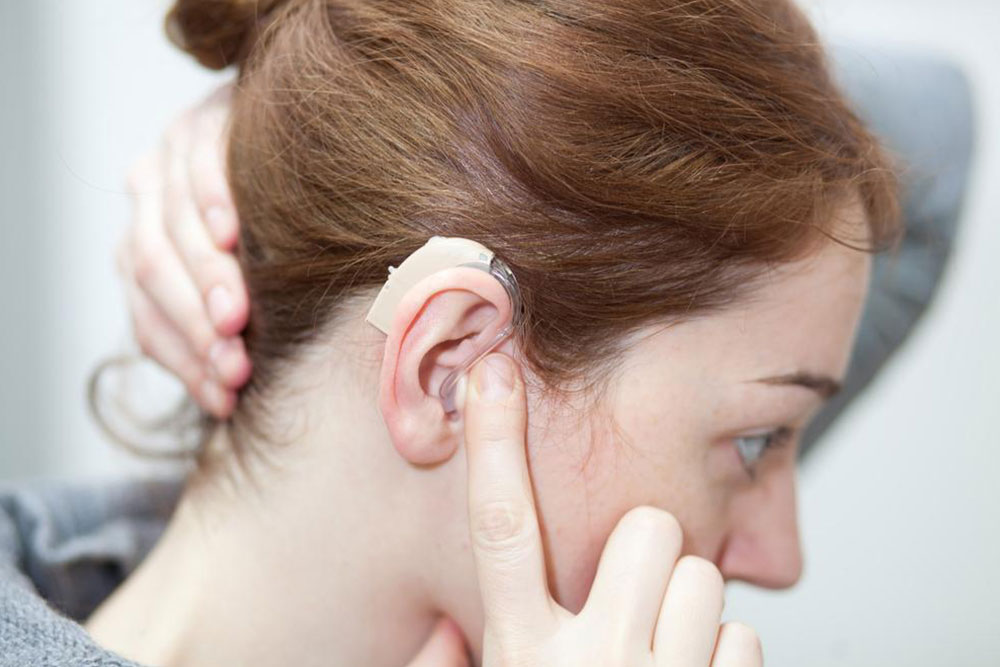Understanding the Origins of Hearing Impairment
This article explores the causes of hearing loss, detailing how the outer, middle, and inner ear contribute to hearing. It covers common issues such as earwax buildup, infections, and inner ear damage, offering practical advice for prevention and treatment. Understanding these factors helps in early detection and management of hearing impairment, emphasizing the importance of proper ear care and timely medical intervention.

Understanding the Origins of Hearing Impairment
To grasp the reasons behind hearing loss, it is essential to understand how the ear works. The human ear consists of three main parts: the outer ear—which captures sound, the middle ear, and the inner ear. The outer ear directs sounds to the eardrum, and the auditory canal helps amplify quieter sounds for clarity. These vibrations then cause the eardrum to oscillate. The ossicles in the middle ear—malleus, incus, and stapes—transfer these vibrations to the inner ear.
The cochlea, a crucial component of the inner ear, detects these vibrations and triggers responses in the auditory nerve. Damage to any part of this system can compromise hearing.
Outer Ear
Since the outer ear amplifies soft sounds, abnormalities like deformities can impair low-frequency hearing. Excessive earwax buildup can block the ear canal, muffling sounds. This obstruction can often be cleared at home or via a healthcare provider. When removing earwax, avoid inserting objects like cotton swabs, which may push debris deeper.
Instead, soften the wax using a home irrigation kit and rinse it out safely.
Middle Ear
Ear infections, if recurrent or untreated, can damage the middle ear structures. Swelling, pus, or fluid behind the eardrum can cause temporary hearing issues. Persistent infections or fluid buildup may lead to permanent damage or perforation of the eardrum. Cholesteatoma, an abnormal skin growth within the middle ear, can erode bones and cause hearing loss if untreated.
Inner Ear
The cochlea in the inner ear can be affected by viral infections like the flu, resulting in sudden or permanent hearing loss. Damage to the auditory nerve itself leads to sensorineural hearing loss, caused by infections, head trauma, tumors, certain medications, or excessive noise exposure. Recognizing these factors is key to prevention and treatment.










